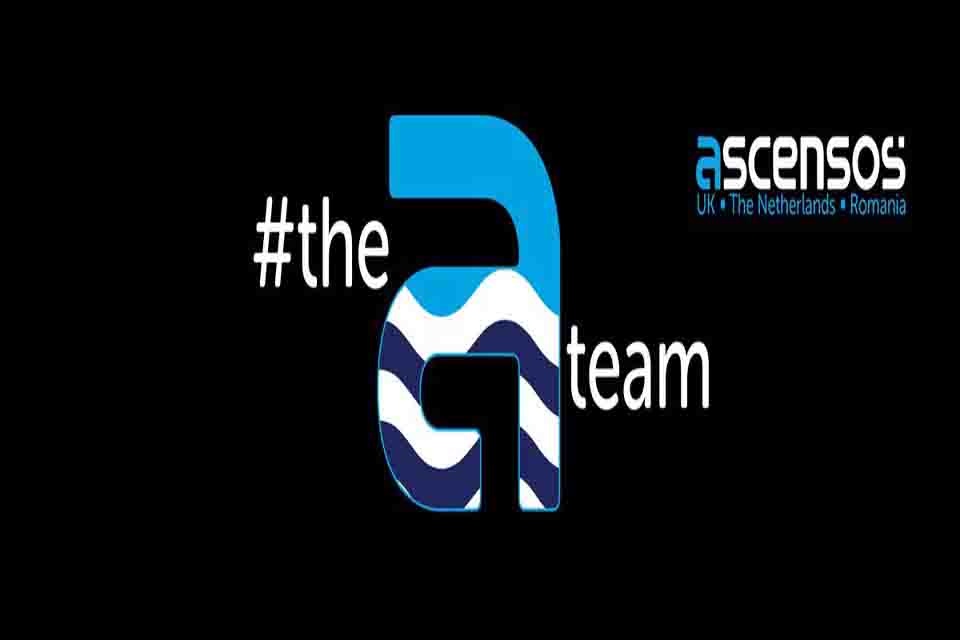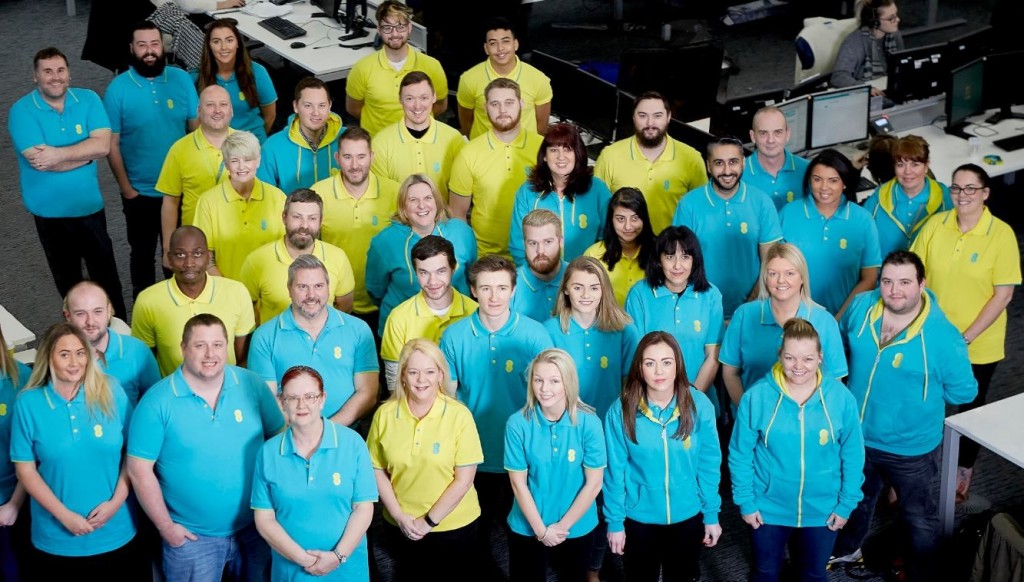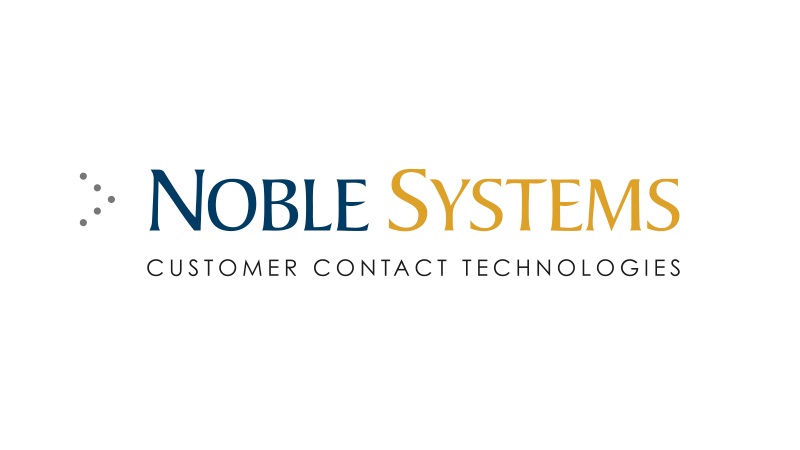How AI could change your contact centre

Thomas Rødseth, VP of marketing and product at Oslo cloud-based contact centre Puzzel explains how AI could change contact centres in the future… The roar has become louder over the last 12 months. Artificial Intelligence (AI) is coming and it will change everything. It’s been a gift to editors, bloggers, Ted talk speakers and conference […]
BT hints at more call centre jobs heading to Wales

The director of BT Wales has hinted that more customer service jobs could be returning from India to Wales, as the telecoms giant continues to review its customer service strategy. The news comes in the wake of 100 new call centre jobs created by the company in Swansea earlier in the year. Alwen Williams, director […]
Tories warned over Neath call centre election use

The Information Commissioner’s Office (ICO) has warned the Conservative party over the use of scripts during the general election campaign. The ICO has said that small parts of the script used crossed the line into unlawful direct marketing. However, the ICO have stopped short of taking any further action, and are waiting for the Conservative […]
Ascensos opens Isle of White call centre

Motherwell-based Ascensos has opened a new call centre in the Isle of White, creating over 600 new jobs. Based in Cowes, the centre will initially focus on customer service enquiries for Ascensos’ long-serving client JD Sports, before opening up to a range of blue chip retailers – including Argos and GAME – as the company […]
‘One moment, caller’ – Top 10 worst call centre phrases

London office property specialists Londonoffices.com has compiled a top 10 list of the phrases used by call centre workers that are most likely to cause a customer meltdown, while urging the public to remain calm when feeling frustrated. And it comes as no surprise that hitting the top ten come dreaded phrases such as ‘bear […]
EE brings 1,000 jobs to UK & Ireland

100% of EE customer service calls will now be answered within the UK and Ireland as the company has created over 1,000 jobs in the last year. The announcement follows parent company BT’s announcement of introducing 500 more positions to tackle increased customer demand. Unlike its parent company, EE is among the least complained about mobile companies […]
Contact Centres Need to ‘Communicate With Customers’

A survey has revealed that an overwhelming majority of Brits have a negative perception of call centres. 90% surveyed by Aquarium Software admitted they expect to be sold something when answering a call from a centre even though that makes up just one quarter of calls made in the industry. “These results are worrying,” according […]
New App to ‘Aggressively’ Change Workforce

A mobile call centre app is aiming to remove the need of computer terminals for employees without risking data security. The Verint Mobile Work View looks to allow employees constant access to workplace information regardless of time or location. With a main goal of removing the reliance on computers and web browsers, the app will […]
Noble’s RTSA endorsed by permanent tsb to improve contact centre performance…

Noble Systems’ Real-Time Speech Analytics (RTSA) has been adopted by the Irish banking chain, permanent tsb, in a bid to enhance all contact centre controls and further improve its customer service offering. Noble’s Composer RTSA claims to ‘listen’ to all agent interactions and assigns an individual virtual coaching partner to provide agent feedback when needed. […]
Senior business leaders holding back on adopting new technology…

New research carried out by 8×8 and the Institute of Directors (IoD) has exposed a rift between attitudes of company directors and IT managers when it comes to embracing new technology. Comparing the views of mid-level ‘hands-on’ IT managers with senior directors across more than 260 UK businesses, the research found 45 per cent of […]

